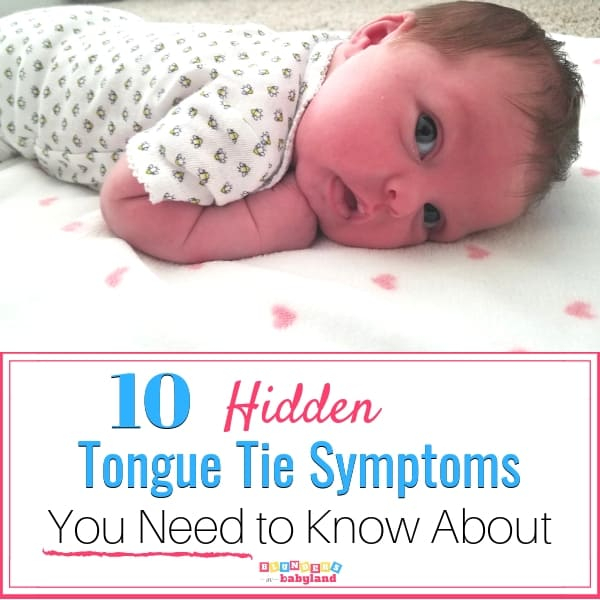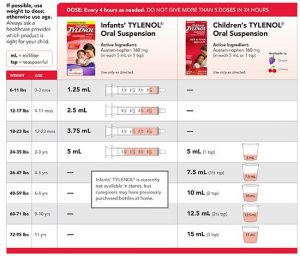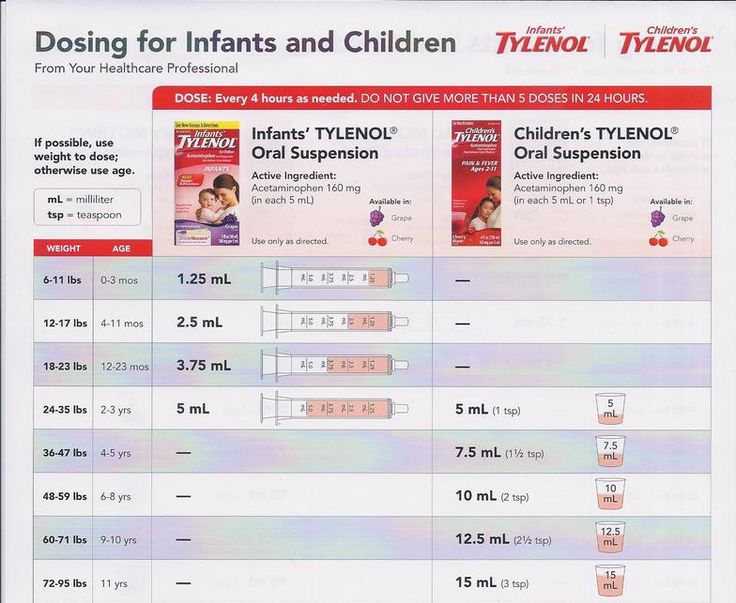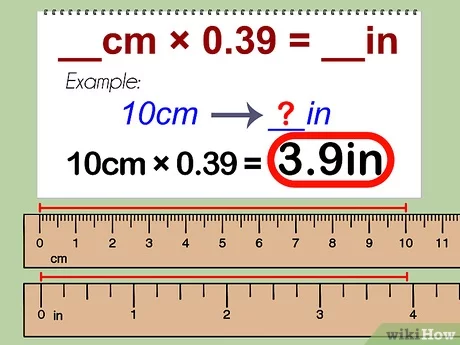How To Know If Baby Has Tongue Tie
Are you a new parent wondering if your baby may have a tongue tie? Tongue tie, also known as ankyloglossia, is a common condition where a piece of skin under the baby’s tongue is shorter than usual, causing restricted movement of the tongue. In this comprehensive guide, we will explore how to identify if your baby has a tongue tie, what causes it, and what you can do to address it.
Knowledge
Tongue tie occurs when the frenulum, the piece of skin that connects the tongue to the floor of the mouth, is too short or tight. This can affect the baby’s ability to breastfeed effectively, causing issues such as poor latch, slow weight gain, and nipple pain for the mother. In some cases, tongue tie can also impact speech development as the child grows older.
So, how can you tell if your baby has a tongue tie? One common sign is difficulty latching onto the breast or bottle. If your baby struggles to maintain a proper latch, clicks while nursing, or feeds for an extended period without seeming satisfied, it may be due to a tongue tie. Additionally, you may notice that your baby has a heart-shaped or notched tongue when they cry or stick out their tongue.
Another indicator of tongue tie is difficulty sticking out the tongue past the lower front teeth. When a baby with tongue tie tries to extend their tongue, it may appear short or heart-shaped due to the restricted movement caused by the tight frenulum. This limited range of motion can impact various activities, including breastfeeding, bottle-feeding, and later on, speech development.
If you suspect that your baby has a tongue tie, it is essential to consult with a healthcare professional, such as a pediatrician, lactation consultant, or pediatric dentist. They can assess your baby’s mouth and tongue mobility to determine if a tongue tie is present and recommend appropriate treatment options if necessary.
Conclusion
In conclusion, knowing how to identify if your baby has a tongue tie is crucial for addressing any potential feeding or speech issues early on. By recognizing the signs and symptoms of tongue tie, you can seek the necessary support and guidance from healthcare providers to ensure your baby’s optimal development and well-being. Remember, early intervention is key in managing tongue tie and its associated challenges.
For new parents, understanding the signs of tongue tie and seeking professional help when needed can make a significant difference in your baby’s feeding and overall health. By staying informed and proactive, you can navigate any potential issues with confidence and ensure the best outcomes for your little one.





